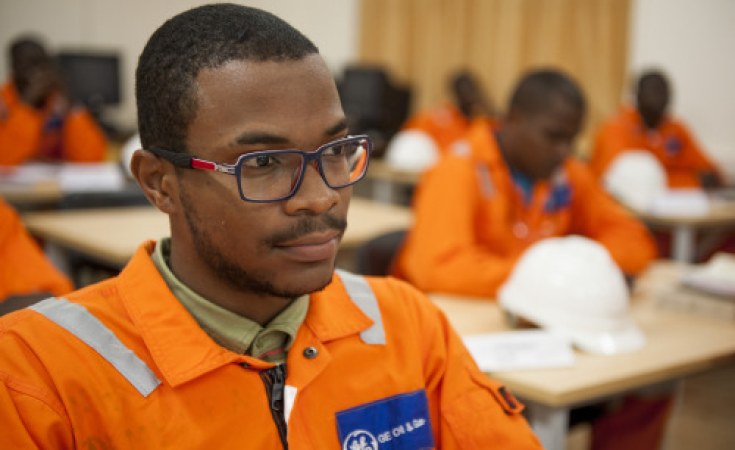Seven of GE’s top leaders have travelled to key African markets so far this year, signaling GE’s strong commitment to Africa. GE remains committed to partnerships which further develop Africa’s rich potential, particularly in oil & gas, power, and mining, as well as other sectors. Here’s what they say about Africa, in seven punchy soundbites.
Local Solutions For Local Markets
Jeff Immelt, Chairman and CEO of GE, told CNBC Africa in February that GE was committed to developing local solutions for local markets. “We still see a huge deficit in power generation on the African continent. Our job is to be local. What is going to work in South Africa is different to what will work in Nigeria or Ghana. The demand for electricity is going to grow and GE wants to be here to provide it,” he said.
Human Capital Is Essential
John Rice, vice chairman of GE, emphasized the importance of human capital in economic development, in a recent interview with CNBC. “Without human capital you just cannot develop your economies. We invest in many countries in Africa. The first thing we think about is where’s the human capital going to come from to make this investment successful. We have the resources to provide a lot of our own training and capability, but we also share this with our customers and partners,” he said.
Skills Shortage Is A Global Problem
Susan Peters, Senior Vice President for Human Resources at GE, addressed South Africa’s skills deficit, in this interview with CNBC Africa, in March this year. “The shortage of skills in the workplace is a global phenomenon and not a challenge that is unique to the African continent,” she said.
Power Is King
According to Jay Ireland, President and CEO of GE Africa, power will be GE’s biggest growth sector in Africa, alongside healthcare and transportation.
“GE sees the potential to double its African revenue and employees as the company expands in countries including Ethiopia and Mozambique,” he said. “GE announced plans in 2014 to invest $2 billion in Africa by 2018 and double its workforce on the continent. The company has already increased headcount from about 800 to 2,600 and will probably get up to about 5,000.”
In an interview with CNBC Africa in April, Steve Bolze, Global President of GE and CEO of GE Power, said that GE is making a strong contribution to national power grids on the continent. “Africa for now is a $4 billion business for GE. It’s a big business. It’s going double digit. Our power business is close to 35% of that. We have 2600 people across the continent, and we’re here because projects are happening,” he said.
Mining Stays Sharp
In February, CNBC Africa asked Jamie Miller, Senior Vice President of GE, and President and CEO of GE Transportation, about the outlook for South Africa’s mining industry. “Every mine is becoming more and more digital. People are looking to get more out of their assets and looking for their assets to run more efficiently,” was her advice.
Oil & Gas Continue To Drive Region
Finally, Lorenzo Simonelli, President & CEO of GE Oil & Gas, talked about prospects for this sector as the global oil industry deals with falling prices. “GE Oil & Gas will continue to drive the commercial intensity and live the transformation. As a region we are growing and creating something very special,” he said at a town hall meeting in Luanda, Angola, in April this year.



